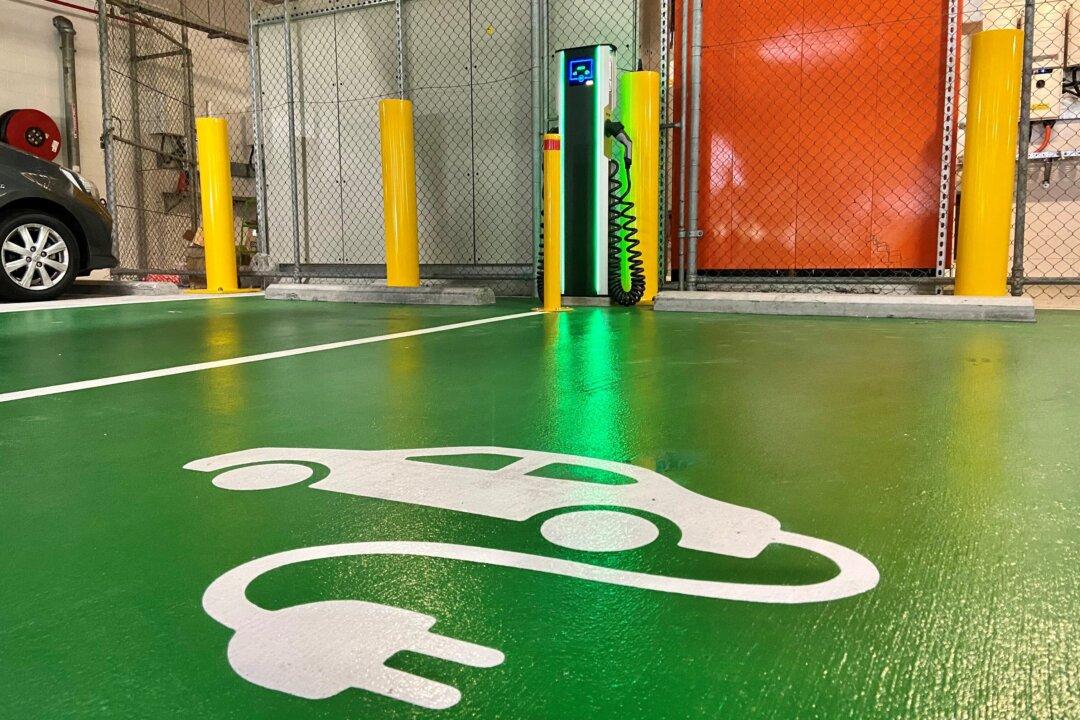Electric vehicle fast-charging company Tritium will shutter its Brisbane factory and consolidate operations for better profitability in the United States.
This comes after the company reported a loss of $120.3 million (AU$189.2 million) for the 2022-23 financial year (pdf), compared to a loss of $298.6 million (AU$469.5 million) in the previous year.





